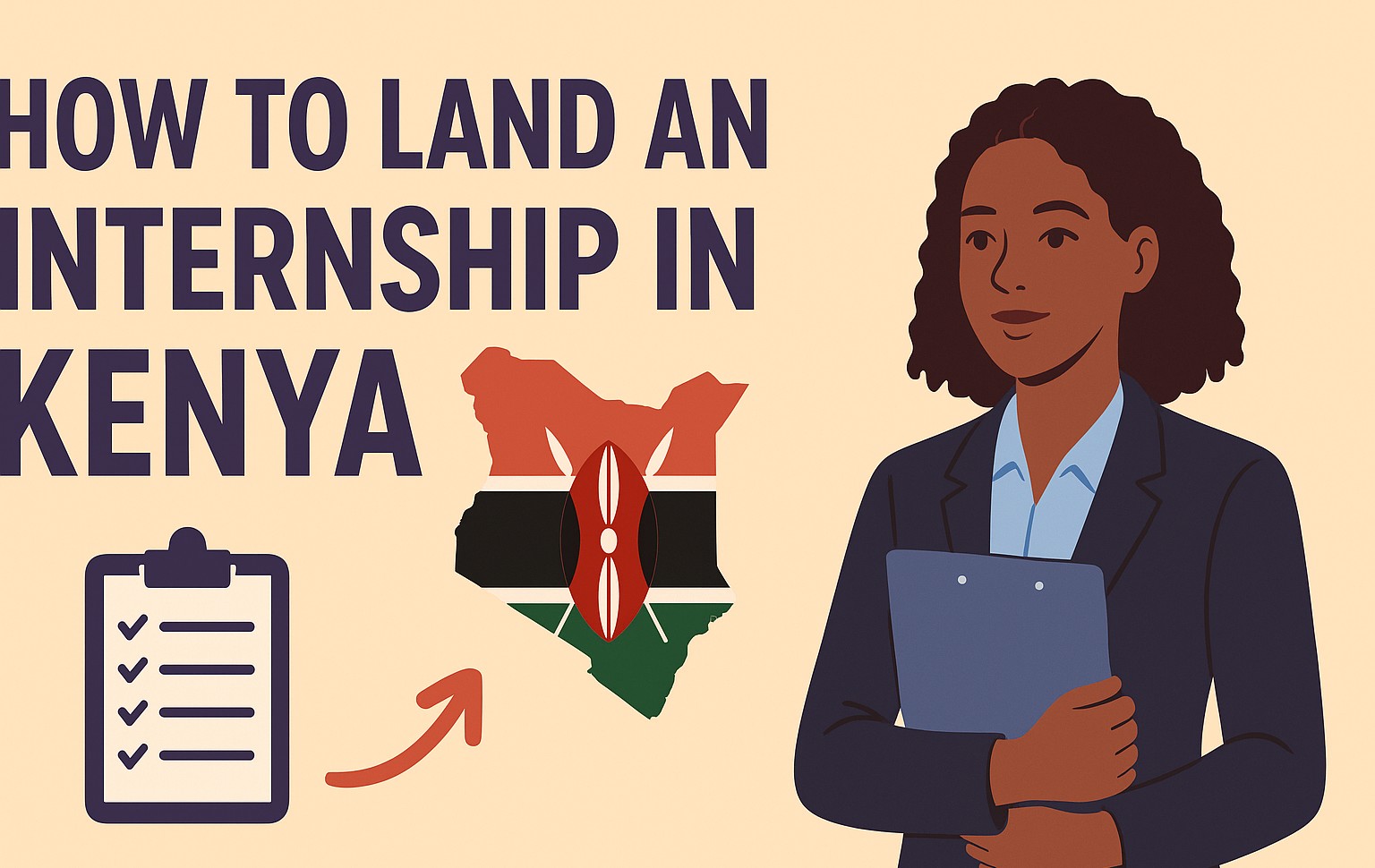

Titus Morebu
Author
Cheapest Universities in Kenya: Where to Study Affordably in 2025🎓
Discover updated fees, top value public and private universities & tips to choose Kenya’s cheapest quality education without surprises.
Access to higher education is increasingly becoming a challenge as tuition and living costs rise. But in Kenya, recent reforms and smart choices can make your university journey both affordable and high quality. This guide gives you up-to-date info for 2025/26 on the cheapest universities, what fees look like, how to decide wisely, and where to get the best value. 💡
What “cheapest” means now
- Kenya’s government recently slashed university fees across all public programmes as of September 1, 2025, under a Student-Centred Funding Model. Fees in many programmes (especially humanities & social sciences) are now far lower than before.
- “Cheapest” does **not** mean lowest prestige. Many public universities maintain accreditation, good staff, and research; but programmes like medicine, pharmacy, engineering cost more due to resources.
- Total cost includes more than tuition: think accommodation, books, transport, and extra fees. Sometimes private universities look cheaper on paper but cost more in hidden charges.
New fee structure for public universities (Sep 2025 onwards)
The revised fees per semester for public universities by cluster (discipline) are now approximately:
| Programme Cluster | Estimated Semester Fee Range (KES) |
|---|---|
| Humanities, Social Sciences & Arts | ≈ 5,800 – 30,100 |
| Business & Economics | ≈ 27,900 – 30,100 |
| Basic & Applied Sciences (Maths, Biology, Chemistry etc.) | ≈ 10,600 – 46,500 |
| Engineering, Architecture, Surveying | ≈ 14,000 – 57,900 |
| Medicine, Clinical & Pre-clinical Health-Science fields | ≈ 12,000 – 75,000 (clinical) depending on university & year |
These are baseline government caps. Individual universities may add small institutional fees, but no massive hidden cost should exist in public institutions. The goal is transparency.
Top cheapest universities to consider
Here are some of the top universities in Kenya where you get high value for relatively low cost. They take into account both tuition + reputation + living costs. Private ones are generally more expensive, but some stand out.
- University of Nairobi (UoN): Kenya’s oldest and largest. Public institution; many programmes fall in the lower fee clusters. Excellent value for reputation and post-study opportunities. Good option especially for arts, social science, and business disciplines.
- Kenyatta University: Well-established public uni with relatively low fees for non-technical courses. Urban campus with many facilities; costs of living will be higher if you stay in Nairobi, so consider commuter options.
- Moi University: Offers good programmes including science, tech, education. Fees affordable especially for local students; campuses outside Nairobi may have lower living cost.
- Maseno University: Well known in Western Kenya. Strong in social sciences, education, IT. More affordable living cost compared to bigger cities.
- Egerton University: Especially strong in agriculture, environmental sciences, vet sciences. If your field aligns, you get excellent value for money here.
- Open University of Kenya (OUK): Especially good for distance learning or blended programmes. The annual fees for certain degrees (e.g. Bachelor’s in Data Science, Cyber Security etc.) are around KES 79,000. Ideal if you want flexibility & less on-campus living costs.
- Mount Kenya University (MKU): A private university that has affordable trimesters for certain programmes. Be sure to compare by “cluster” or cost band (medical vs non-medical etc.). Some degrees cost significantly more in health sciences.
Private vs Public: pros & costs compared
Public Universities
- Lower base tuition thanks to government subsidy.
- Fees regulated by cluster, more transparency.
- Often older, more established, larger alumni networks.
- May have limited spots / more competition.
- Facilities in some public unis may require upgrading; may have more travel or accommodation burdens.
Private Universities
- More flexible programmes; sometimes specialised or niche.
- Higher tuition, especially in high-cost clusters (medicine, health, lab-intensive courses).
- Often more modern facilities, smaller class sizes.
- More hidden charges possible (registration, facilities, labs etc.). Always check full cost breakdown.
How to choose the cheapest-but-quality university
- Check the programme cluster and how much it costs per semester. Don’t assume all degrees cost the same. Medicine, engineering etc. cost more.
- Check accreditation status via the Commission for University Education (CUE) in Kenya. Even cheap universities can be problematic if not fully accredited.
- Estimate non-tuition costs – accommodation, transport, meals, books. Choosing a university in your home town or a commuter option can save a lot.
- Look for scholarships, bursaries, financial aid – many public universities and some private ones offer these to needy or high-achieving students.
- Ask about hidden fees – labs, library, fieldwork, uniforms, clinical placements may add extra cost.
- Consider distance or online learning options – less travel, housing need, sometimes much cheaper overall.
What to expect for living and other costs
Even once tuition is low, living in places like Nairobi is more expensive. Here are typical costs per month (outside tuition):
- Accommodation (shared room/student hall): KES 5,000-15,000 depending on location
- Food and groceries: KES 3,000-6,000
- Transport (buses or matatu): KES 2,000-5,000
- Books, stationery, internet etc.: KES 2,000-4,000
- Unexpected/extra charges: keep a buffer (~KES 5,000/month) for emergencies.
Tips to save more 🎯
- Choose to live in off-campus or shared housing; cook rather than eating out often.
- Buy used textbooks or digital versions when possible.
- Use library and free online resources for many courses.
- Apply for student loans or government support via the Higher Education Loans Board (HELB).
- Speak to seniors/students in your desired course and institution for “real cost” info.
Conclusion
While university costs in Kenya are going up in many sectors, the latest reforms provide relief and opportunity. Public universities under the new fee clusters offer very affordable education for many programmes. By understanding the cost structure, choosing the right programme, and budgeting wisely, you can get quality tertiary education without breaking the bank. Always do your homework and make your decisions based on full cost, not just tuition. You deserve both quality and affordability. 🎓
Further resources
For more detailed fee schedules, accreditation status, and government policies, check out the Commission for University Education in Kenya and the Open University of Kenya’s official programme fee page. Also review the Kenyan government’s announcements on the Student-Centred Funding Model.
Useful links:
Gallery

Related Articles
3 articles
How to Apply for a Canadian Student Visa from Kenya in 2025 🍁
Learn the complete, up-to-date process, requirements and tips for Kenyans applying for a Canadian study permit in 2025. Stay ahead with changes and best practices.

Best Free Learning Apps for Kenyan Students in 2025
Discover powerful free learning apps for Kenyan students — from curriculum-aligned platforms to global resources that work offline and on low-data connections.

How to Land an Internship in Kenya: A Step-by-Step Guide to Success 🚀
Discover the most effective strategies to secure internships in Kenya—eligibility, applications, channels, preparation, visa tips—and stand out in 2025.